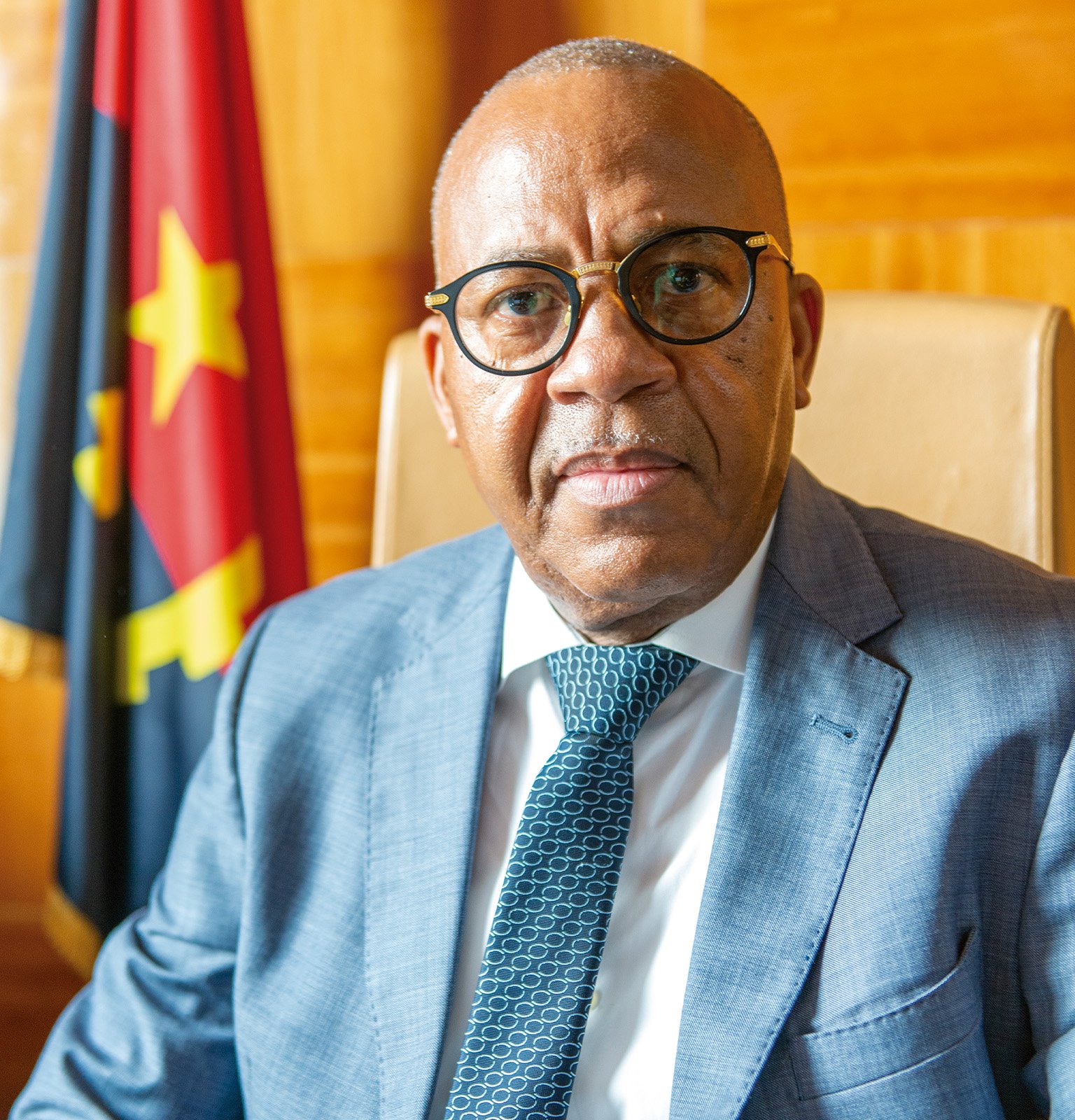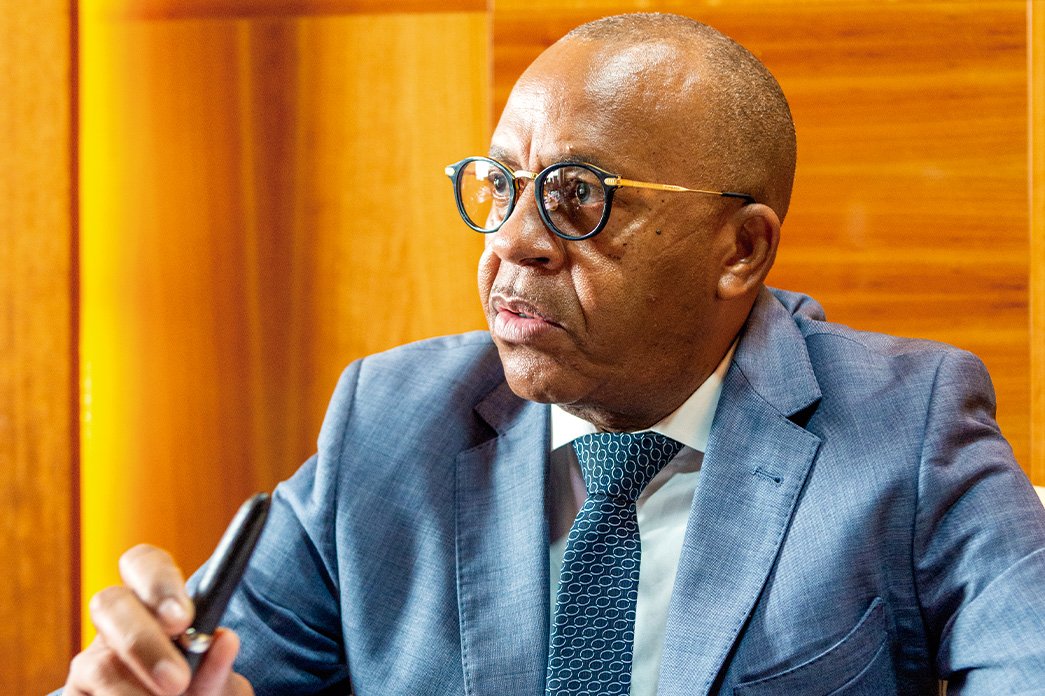Tell us all about the
Angola Regulatory Agency for Cargo and Logistics Certification (ARCCLA). How
and when did it come about?
The ARCCLA resulted from the merger of two, now extinct, bodies: the
National Shippers Council (CNC) and the Lobito Corridor Department Office
(GCL).
It came about due to Angola’s need to have a regulatory body for logistic
activities, with an across-the-board and autonomous vision of the different
sectors, which would enable support for the different modes of transport - air,
sea, rail and road -, establishing itself as a facilitating body of the
transformation process of Angola’s logistics sector.
Since its creation, ARCCLA has been implementing new assignments, having
developed a set of initiatives, highlights of which include the establishment
of a long-term strategy and the implementation of human resources and talent
management policies; the development of diplomas and regulations necessary for
the regulation of the logistics sector; among many others.
What is the agency’s mission?
ARCCLA’s mission is to
regulate, inspect and supervise logistics activities, logistics platforms and
related matters, as well as freight traffic operations by sea, land and air.
Within the scope of its duties and purposes, it also aims to contribute to
improving the efficiency and competitiveness of the Republic of Angola.
You hold the position of ARCCLA’s CEO. We know
that you have solid leadership experience. What is the secret to your success?
I don’t know if I can
consider it success, but if we believe in God and always think positively, in
due course challenges will effectively be overcome. At a very young age, I
learnt that you need to be audacious, insightful, resilient, always with the
spirit of doing the best for your fellow man, because your fellow man will be
you one day.
Faced with the complex
and unpredictable environment in which organisations live today, understanding
and defining which concept of leadership to apply in each moment, in an
authentic and personal way, is increasingly a determining factor for success.
Perhaps this is the "secret” of success. All people, at all levels, become
leaders at some point in their lives, whether in their personal or professional
sphere. This is a moment that can make all the difference in the future and,
therefore, knowing yourself is fundamental to achieving the desired results, as
well as motivating your colleagues and peers to fulfil what is planned. In my opinion, in order to ensure effective
leadership, it is essential to demonstrate firmness and safety, act correctly
and know how to manage new situations, work in a team, be dynamic and
motivating, have a good attitude, commitment, knowledge and control over what you
do.
What sparked your interest in this field?
Believing in Angola,
believing in the vision and leadership of the project. It was important to
change the paradigm that logistics was only distribution. Very early on, I
faced the challenge of supporting the development of shipping in Angola and,
later on, the speciality of oil product derivatives in the maritime industry.
Shipping comprises the embarkation, dispatch and transport of goods by ship,
and from there comes the connection with the vision of logistics, which makes
it possible to manage the flows and resources required along a production
chain. Having said this, we can understand how to undertake the series of
activities to deliver a certain product to the end customer, at the right time
and without waste. This is the activity that ARCCLA intends to regulate,
supervise and nurture, but now from a perspective of national contribution and
vision.
«In total, ARCCLA intends to
co-invest up to $100 million USD in basic infrastructures»






